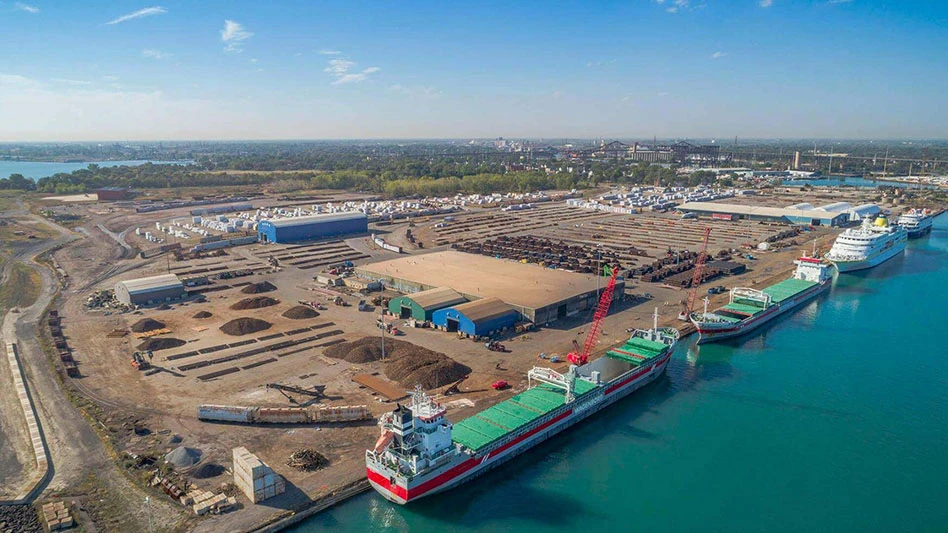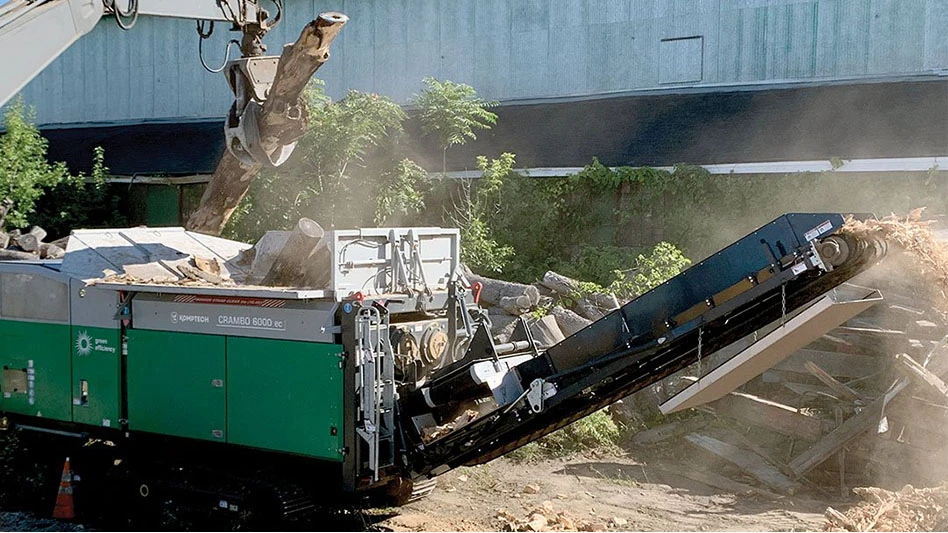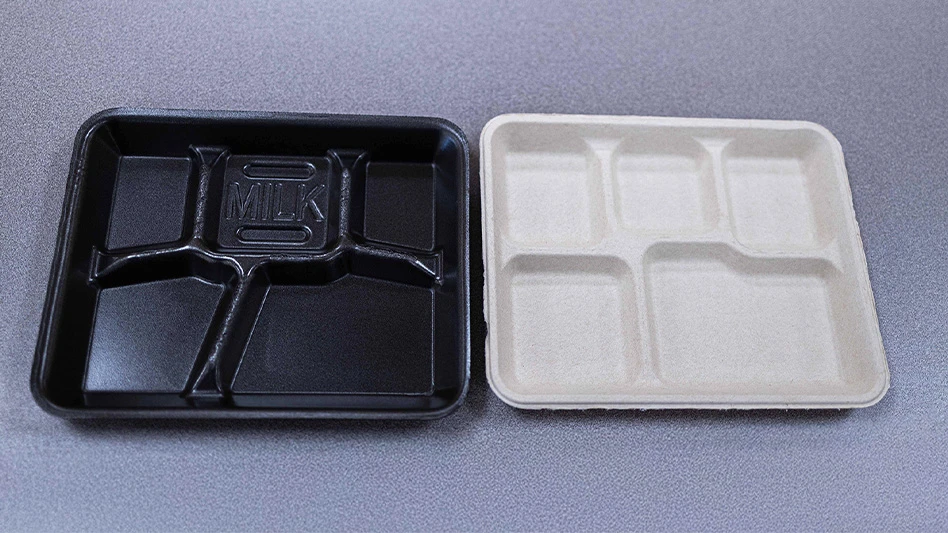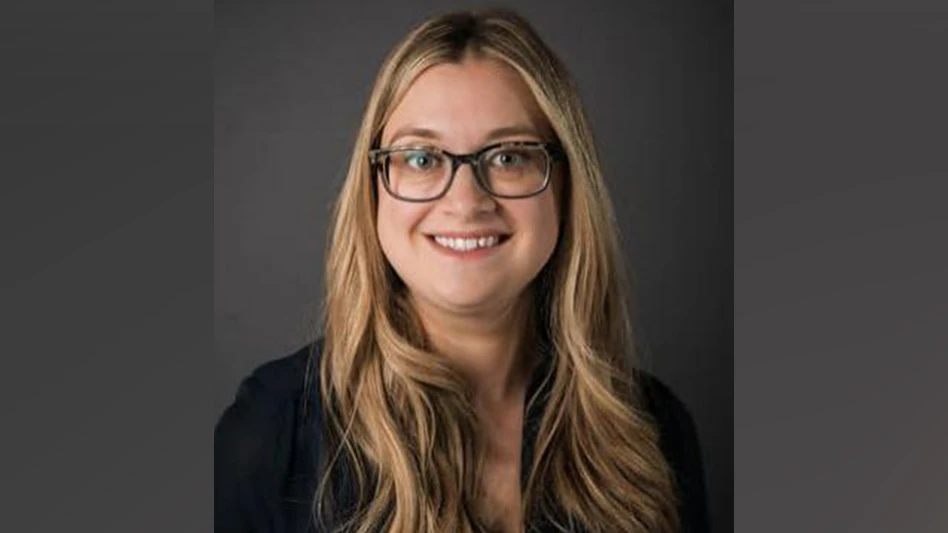
xiaoliangge | stock.adobe.com
Contemporary Amperex Technology Co. Ltd. (CATL), widely considered the world’s largest electric vehicle battery manufacturer, has agreed to work with the Ellen MacArthur Foundation to pursue the development of a circular economy for batteries, with China-based CATL becoming a strategic partner and the first renewable technology company in the foundation’s network.
CATL says it will work toward a global energy circularity commitment and will collaborate with the foundation to identify the circular economy opportunity for the entire battery value chain and build an ecosystem of cross-industrial partners to develop and implement a blueprint for battery circularity.
The partners say that while the industry has long recognized the need to move beyond a “take-make-waste” approach, translating commitment into reality is complex. They add that CATL’s expertise will be key to establishing a truly circular battery industry.
“This strategic partnership represents a major step forward in our shared vision of a sustainable energy future,” says Sandy Song, CATL’s global lead for circular economy. “By combining our knowledge and innovation capabilities in the battery industry with the foundation’s leadership in the circular economy, we are well positioned to create a truly circular battery ecosystem. This is not just about environmental responsibility—it’s about driving innovation and building a system that benefits industries and communities worldwide.”
Speaking at the foundation’s annual Network event in Amsterdam, the Netherlands, CATL’s Chief Sustainability Officer, Dennis Pan, emphasized the importance of designing batteries with recyclability in mind. CATL has adopted a zero-carbon strategy to prioritize using reusable and renewable materials and facilitate recycling. In 2024, CATL claims it recycled approximately 130,000 tons of used batteries to produce 17,000 tons of lithium salt.
“The rapid growth of renewable energy and electrification offers a unique chance to build circular value chains from the ground up,” says Joe Murphy, executive lead of Network at the Ellen MacArthur Foundation. “By embracing a circular economy, businesses can recover valuable resources from first-wave technologies, such as electric vehicles, rather than discarding them.
"As the world’s foremost producer of batteries for both electric vehicles and energy storage systems, CATL’s expertise will be key to establishing a truly circular battery industry and driving the circular economy of the wider energy transition.”
Latest from Recycling Today
- ArcelorMittal finishes 2025 with profitable quarter
- Aurubis earnings drop in late 2025
- Yale feature emphasizes pedestrian safety
- In memoriam: Marcel Braud
- PCA sees improving box demand in latest earnings report
- S&P Global Energy Aluminum Symposium 2026: Debating scrap export policy
- Graphic Packaging CEO: ‘External environment remains challenged near term’
- Recycling Today Media Group, NWRA launch new Safety First webinar series





